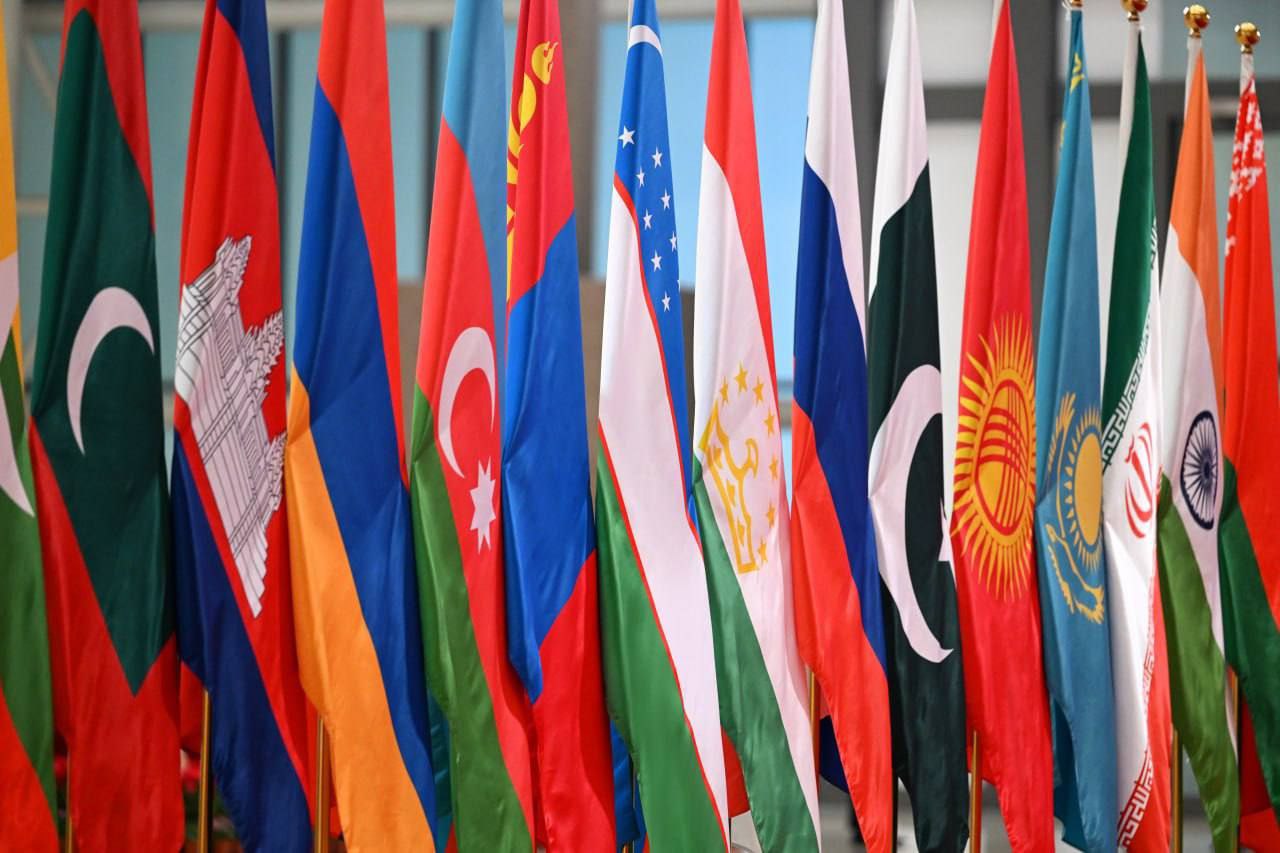BAKU, Azerbaijan, September 1. Today, Tianjin is hosting one of the year’s most important international events - the Shanghai Cooperation Organization (SCO) summit. Central Asia, as the geographic and economic heart of the organization, is at the center of attention. It is here, at the crossroads of major transport routes and energy flows, that projects are taking shape that will largely define the future of integration across Eurasia.
The role of the region’s countries cannot be overstated. Kazakhstan, Kyrgyzstan, Tajikistan, Turkmenistan, and Uzbekistan are steadily building a system of cooperation that positions them not only as a vital link between China, Russia, South Asia, and Europe, but also as independent centers of growth. Ahead of the summit, it is particularly significant that leaders of all five Central Asian states have gathered in Tianjin to discuss new directions for the SCO and to finalize the organization’s development strategy through 2035.
Over the past two years, trade among SCO members has grown by nearly a third, approaching $1 trillion. This growth has been fueled by infrastructure development, expanding energy cooperation, and active investments in agriculture and technology. Central Asia’s contribution to these efforts is becoming increasingly influential.
Kazakhstan, working closely with Chinese companies such as CNPC, PowerChina, and China Southern Power Grid, is advancing renewable energy projects and preparing to launch a coal gasification plant. Uzbekistan is implementing an ambitious program to build solar and wind power plants with a combined capacity of nearly 5 GW. Tajikistan, with Chinese investment and funding from the Asian Infrastructure Investment Bank, is modernizing its energy system and continuing work on the Rogun Hydropower Plant, which could become the largest in the region.
These initiatives not only strengthen the energy independence of Central Asian countries but also create opportunities to export green energy to neighboring states, boosting the region’s role as a provider of sustainable energy solutions globally.
Alongside energy, Central Asia is actively developing its transport network, becoming a key hub in Eurasia. In 2025, construction began on the 523 km China-Kyrgyzstan-Uzbekistan railway, which is expected to cut freight travel time to Europe by a week.
The Trans-Caspian International Transport Route, or Middle Corridor, is also gaining importance. In 2024, cargo volumes along this route doubled to 1.5 million tons. Azerbaijan and China have strengthened container transport cooperation, dispatching more than 300 block trains in a year, with plans to increase the number to 1,000 by 2026.
A major development has been the opening of a new freight line from Tianjin to Uzbekistan via Khorgos, reducing logistics costs by 20-30%. Additionally, China and regional countries are digitizing customs procedures to speed up cargo movement and cut administrative barriers.
The Caspian port of Aktau has become a central node in China’s transport strategy. Chinese investments have increased its capacity to 240,000 containers per year, making it a key hub for the China-Europe Express routes.
In June 2025, a treaty on friendship and good-neighborliness was signed in Astana, promoting the accelerated development of transport and railway projects and logistics infrastructure. This agreement underscores Central Asia’s commitment to coordinated action and strengthening strategic ties with China within the SCO framework. At the same time, participants face challenges, including balancing interests, addressing security concerns, and ensuring equitable distribution of benefits from large-scale projects.
The Tianjin summit is expected to be a landmark event for the SCO. The agenda includes the new development strategy through 2035, as well as discussions on energy, transport, digitalization, and humanitarian cooperation. Central Asia will play a leading role, as the success of the organization’s integration efforts depends largely on projects being implemented in the region.
Over the past two decades, the SCO has evolved into a dynamic and open platform, connecting countries across Asia, Europe, and Africa. Today, it faces the task not only of strengthening economic ties but also of offering the world new models of cooperation based on mutual respect and balanced interests. Central Asia, with its rich resources and strategic transit position, remains a key factor in this process.
The Tianjin summit will not just be a meeting of leaders - it will mark a crucial milestone in shaping the future of Eurasian integration, with Central Asia playing one of the most important roles.







